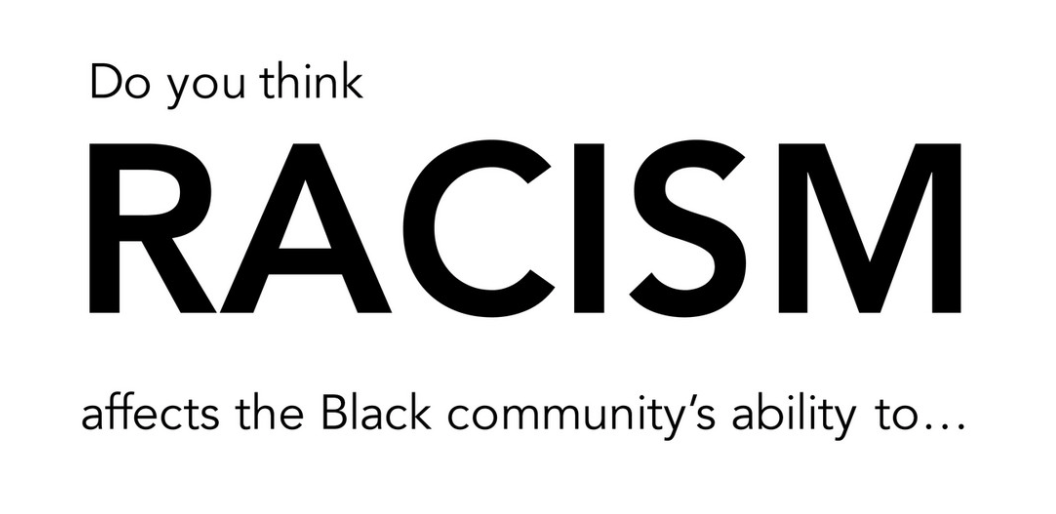Have you seen this? This document reveals the results of a study done between July 18th, 2017 and August 7th, 2017 using 1,003 Black adults aged 18 and over. The study was commissioned by In Our Own Voice: National Black Women’s Reproductive Justice Agenda and performed by the non-partisan public opinion research firm, PerryUndem.
This study focuses on life in America as a Black adult and covers a wide variety of topics that affect quality of life and life decisions. This study is not perfect. There are a few shortcomings that could have given stronger survey results had they been explored. For instance:
- There is no gender breakdown. How many men and women were surveyed. It would have been interesting to see the differences in answers when gender is a part of the equation. It also would have been interesting to see how “in touch” Black men are to issues that relate to Black women, and vice versa. Any disparity would have provided the basis for a great roundtable discussion.
- No age breakdown was provided. We know the participants are aged 18 and above. That alone doesn’t tell me much. How many were 18-30, 30-40. 40-50, etc. Exploring any disparities among the age groups would also provide a great conversation starter. A baby boomer will have a different perspective of Black American life than a Generation Xer. Before we can bridge any generational gaps, we must know what they are.
- The survey was taken over a short period of time with a relatively small participant pool. Surveys can be very expensive to conduct so that is understandable. However, when the participant pool is small, that is all the more reason to detail who is participating. Where are the participants from? What was their sexual identity? How were they chosen? Including this information would have provided for a more well rounded survey result.
Yet and still, this survey is a diamond in the rough. There were a lot of great questions and topics covered that can still spark valid conversations and idea exchanges.
Not surprisingly, an overwhelming majority of Black Americans surveyed feel it is a bad time to be Black in America, and that Trump’s policies will lessen the quality of life. What did surprise me were the amount of participants who had unclean water running from their faucets (knowing where they lived would be helpful); the percentage women who cannot afford birth control (an age breakdown would have been helpful); and the external factors many women consider in making family planning decisions (having a gender breakdown of how these questions were answered would have been helpful).
I encourage you to take a look at the survey and really take in the contents. Then – think about your own responses to the topics outlined. Use this to start conversations in your respective communities. How do we bridge the gaps – financial, educational, generational, etc.? How do we collectively work towards a better outlook and quality of life in America? The odds may seem stacked against us but they do not have to stay that way. It is rare that someone takes an in-depth look at Black American life. This study may not be perfect but it is a great starting point. Let this study be a catalyst for positive change in our lives and our communities.
